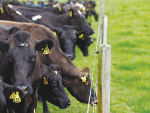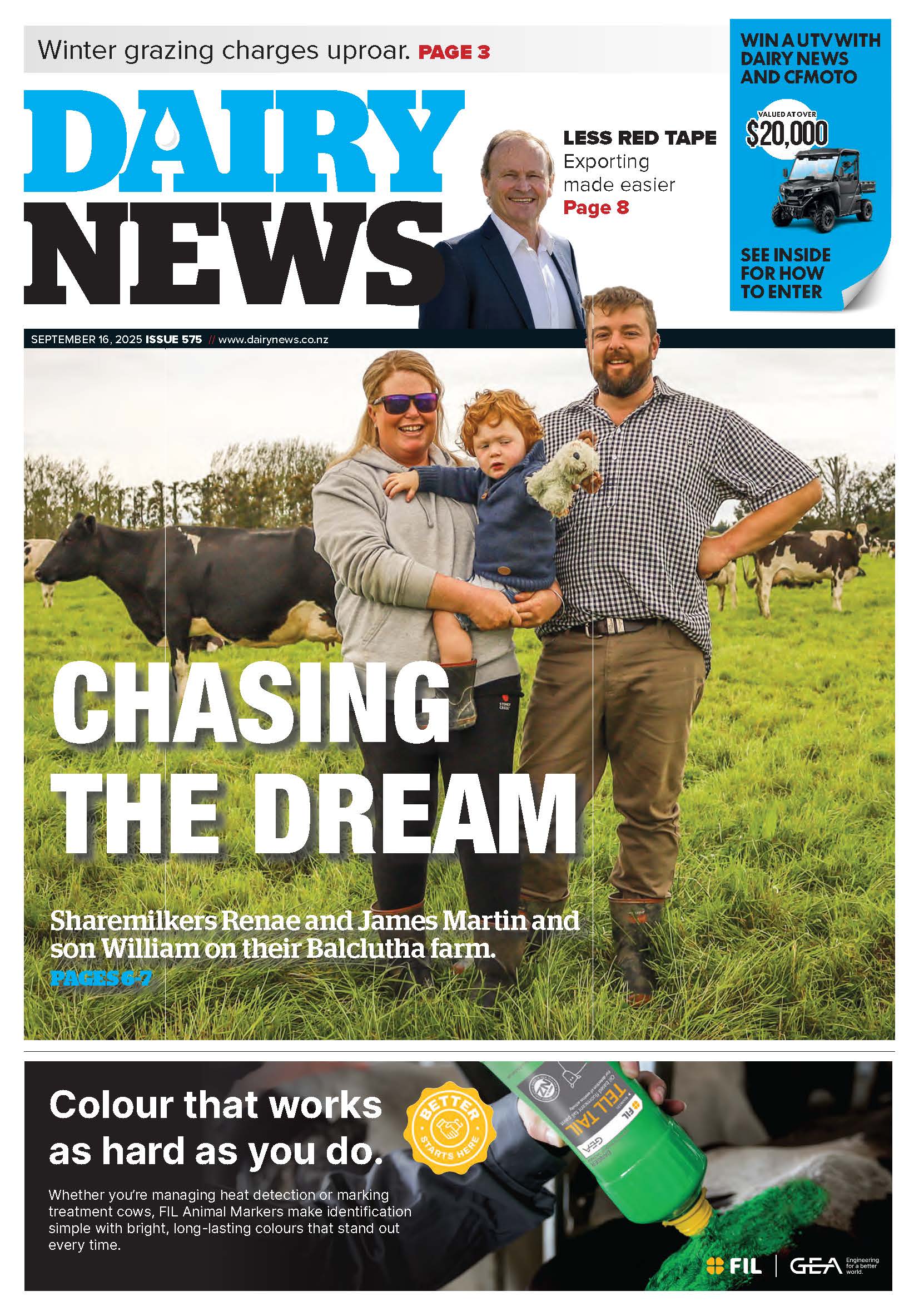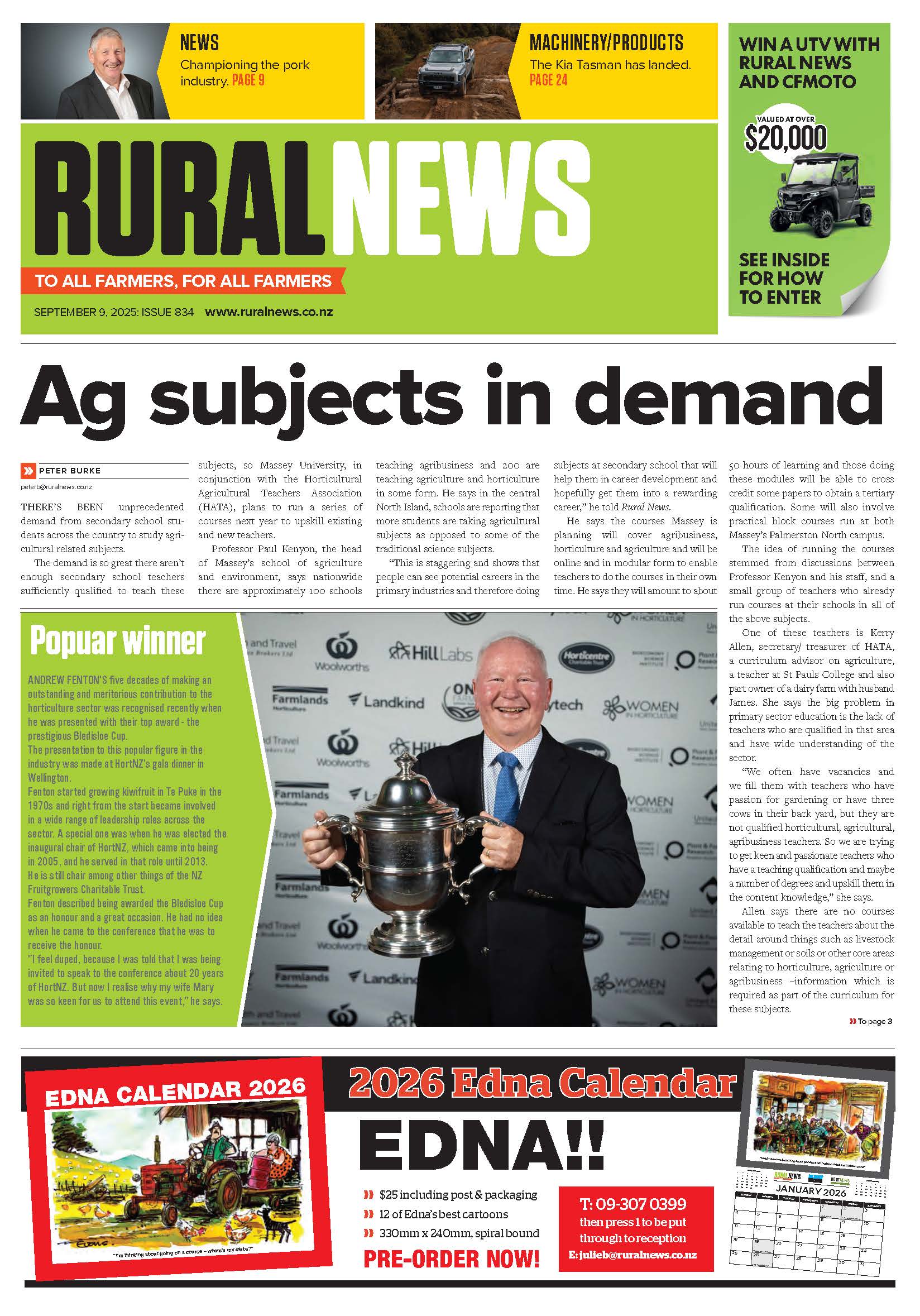The country is in the tail end of the Mycoplasma bovis outbreak, according to the Government.
Background surveillance is showing that the disease is not widespread across the national herd, says M. bovis programme director Simon Andrew.
“This is positive and indicates we are in the tail end of the M. bovis outbreak,” Andrew told Rural News.
“The eradication journey is made up of three phases: delimiting (looking for active disease), provisional absence and confidence of absence. With our extensive background surveillance turning up less and less, we are increasingly confident we are nearing the end of the delimiting phase.”
Eradicating M. bovis has been an expensive exercise for the Government and farmers. The programme has spent $758 million to date, including compensation and industry contribution.
There is one active confirmed property in mid-Canterbury. Andrew says all 2900 cattle on the property have been culled. Repopulation is underway for the areas that have had restrictions lifted. The restricted place is expected to be fully revoked in early August.
However, the Government and farmers are still running extensive background surveillance screening in both the dairy and beef sectors – through bulk tank milk (BTM) testing and national beef and drystock surveillance respectively. BTM surveillance data collected over the past 12 months has revealed zero confirmed infected dairies.
MPI notes that throughout the year, there are many opportunities for M. bovis to enter a herd. This could include buying in new stock, heifers returning from grazing, introduction of bulls, and break-ins from neighbouring properties.
“Regular BTM screening is conducted throughout the year as it is important that dairies are screened at different stages of the lactation cycle to give us the best chance of detecting infected dairies,” Andrew explains.
“Every dairy farm in New Zealand supplying milk for commercial processing has a BTM sample tested at least monthly, using the samples tanker operators take at the point of collection. No action is required from farmers.”
The programme has reinstated fortnightly BTM screening between July and September this year.
“Over the last five years, we have observed the ability of the ELISA test to detect infection ‘sensitivity’ is high in early lactation. By undertaking BTM screening fortnightly in this period, we increase the opportunity to detect infected herds quickly.
“As with previous years when we have tested fortnightly, this additional screening won’t impact the routine milk quality/composition testing that farmers already provide. This change is designed to reduce the risk of missing any infection that potentially remains.”
This spring, 2021-born heifers are entering the milking herd for the first time and in many cases, it will be the first time these animals have been tested for M. bovis.
The national beef and drystock surveillance provides comprehensive screening of the beef sector via the following three streams: onfarm beef and drystock cattle sampling, sampling at meat processors, and feedlot testing (on entry).
All streams aim to provide ongoing evidence that infection is not widespread in the beef and drystock sector.
“We know on-farm testing can be disruptive and we are conscious of the impact this has on farmers,” says MPI.
“For this stream, cattle on beef and drystock properties are blood sampled and tested for M. bovis by local vets, working with farmers to undertake sampling while cattle are yarded during routine farm management activities such as pregnancy testing, drenching, or vaccinating. This approach is intended to minimise the impact and disruption to farmers as much as possible.”
M. Bovis In Numbers
- 186,340 cattle culled
- 3.27 million tests completed
- $248 million compensation paid
- 2,896 claims paid
- 18 claims being progressed



















